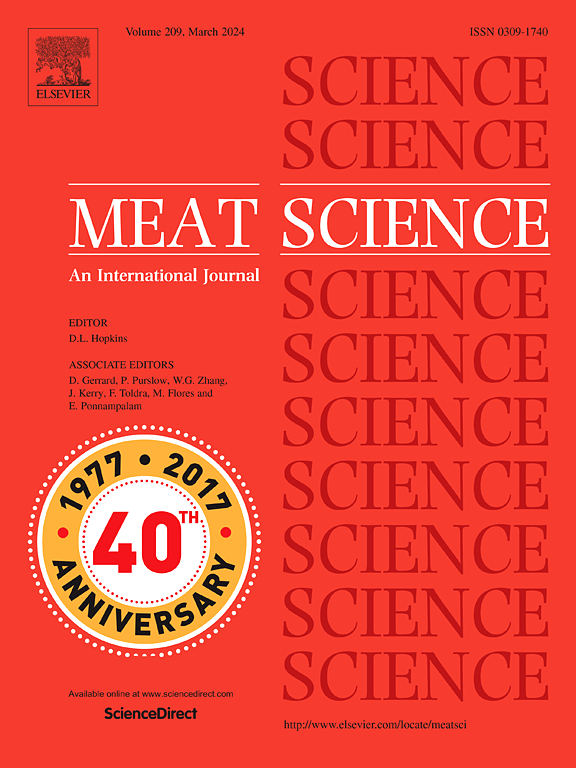Urban resident attitudes toward hunting and venison: A case study of Kyoto City, Japan.
IF 6.1
1区 农林科学
Q1 Agricultural and Biological Sciences
引用次数: 0
Abstract
As game meat, particularly from wild mammals like deer, gains popularity in urban areas as a sustainable and ethical food source, understanding public attitudes toward its consumption becomes increasingly important. This study investigates the attitudes of residents in Kyoto, Japan, toward hunting and consuming venison, focusing on how these attitudes are shaped by demographic factors such as age and gender. Conducted in November 2022, a questionnaire survey was distributed to 3000 residents in built-up areas of Kyoto City, yielding 542 complete responses. The survey collected demographic data and detailed opinions on eating venison and hunting policies, supplemented by qualitative insights from open-ended questions.
The results show that gender significantly influences attitudes toward venison, with males displaying more positive attitudes. Factors such as age and education level have no significant impact. There is a significant difference between the image of deer, ‘holy,’ ‘cruel,’ and ‘cute’, held by residents, and the perception of venison consumption among urban residents. We did text mining analysis using topic analysis and sentiment analysis, respectively. The topic analysis further identifies key themes in public sentiment, particularly concerns about ethical hunting practices and the ecological impacts of managing urban wildlife. Sentiment analysis explored the emotional polarity preferences of city residents with different attitudes toward venison. The research offers resident-focused insights that align urban consumer attitudes with sustainable wildlife practices, supporting urban wildlife management and urban game meat marketing strategies.
都市居民对狩猎和鹿肉的态度:以日本京都市为例。
随着野味,尤其是鹿等野生哺乳动物的肉,作为一种可持续和合乎道德的食物来源在城市地区越来越受欢迎,了解公众对其消费的态度变得越来越重要。本研究调查了日本京都居民对狩猎和消费鹿肉的态度,重点关注这些态度如何受到年龄和性别等人口因素的影响。在2022年11月,对京都市建成区的3000名居民进行了问卷调查,得到了542份完整的回答。该调查收集了人口统计数据和关于食用鹿肉和狩猎政策的详细意见,并辅以开放式问题的定性见解。结果表明,性别对鹿肉的态度有显著影响,男性表现出更积极的态度。年龄、受教育程度等因素无显著影响。居民对鹿的“神圣”、“残忍”、“可爱”形象与城市居民对鹿肉消费的认知存在显著差异。我们分别使用主题分析和情感分析进行文本挖掘分析。主题分析进一步确定了公众情绪中的关键主题,特别是对道德狩猎行为和管理城市野生动物的生态影响的关注。情绪分析探讨不同态度城市居民对鹿肉的情感极性偏好。该研究提供了以居民为中心的见解,将城市消费者的态度与可持续野生动物实践相结合,为城市野生动物管理和城市野味营销策略提供支持。
本文章由计算机程序翻译,如有差异,请以英文原文为准。
求助全文
约1分钟内获得全文
求助全文
来源期刊

Meat Science
工程技术-食品科技
CiteScore
12.60
自引率
9.90%
发文量
282
审稿时长
60 days
期刊介绍:
The aim of Meat Science is to serve as a suitable platform for the dissemination of interdisciplinary and international knowledge on all factors influencing the properties of meat. While the journal primarily focuses on the flesh of mammals, contributions related to poultry will be considered if they enhance the overall understanding of the relationship between muscle nature and meat quality post mortem. Additionally, papers on large birds (e.g., emus, ostriches) as well as wild-captured mammals and crocodiles will be welcomed.
 求助内容:
求助内容: 应助结果提醒方式:
应助结果提醒方式:


